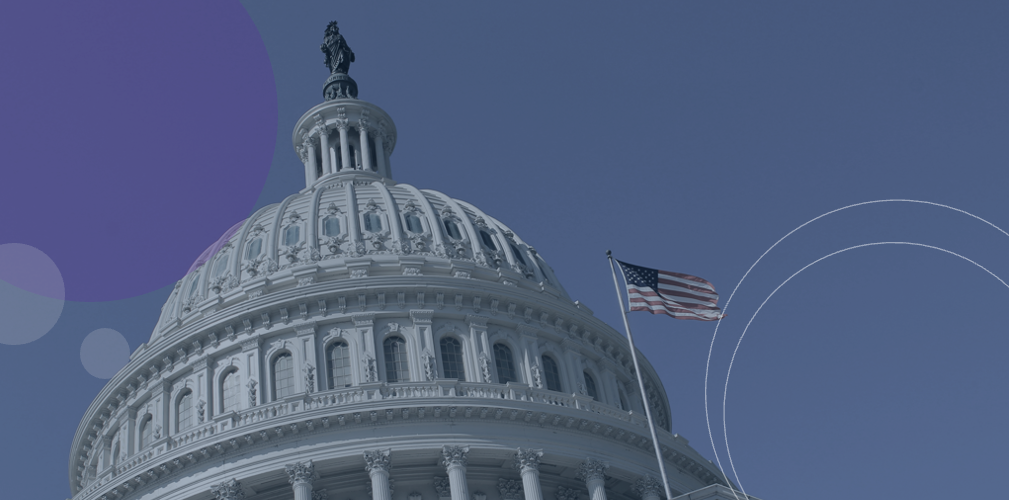Senate Democrats are maintaining that this government shutdown is a fight over healthcare costs rather than just a budget dispute. Democrats are betting that while the immediate pain of the shutdown is real, voters will remember in the 2026 and 2028 elections that they fought to protect the Affordable Care Act’s provisions, which they say Republicans have been dismantling through Medicaid expansion cuts. With limited power as the minority party and little influence over Trump’s executive actions or nominees, Democrats view this funding fight as their only meaningful opportunity to draw attention to healthcare issues.Republicans counter that they won’t negotiate on healthcare until the shutdown ends. An early poll shows Republicans receiving more blame for the shutdown than Democrats, though both parties recognize that voters’ attention spans are short and the 2013 Republican shutdown over Obamacare didn’t prevent them from winning big in the 2014 midterms.
Implications for Health Systems and Hospitals:
The political standoff creates immediate operational uncertainty for health systems, particularly those heavily reliant on federal programs, as government services are disrupted. More significantly for the long term, the fight centers on reversing Republican spending cuts and protecting Affordable Care Act provisions, including Medicaid expansion, which directly affects hospitals’ patient volumes, reimbursement rates, and uncompensated care burdens. Healthcare organizations should prepare for potential volatility in federal healthcare funding and policy as this becomes a defining battle line heading into the 2026 elections.
